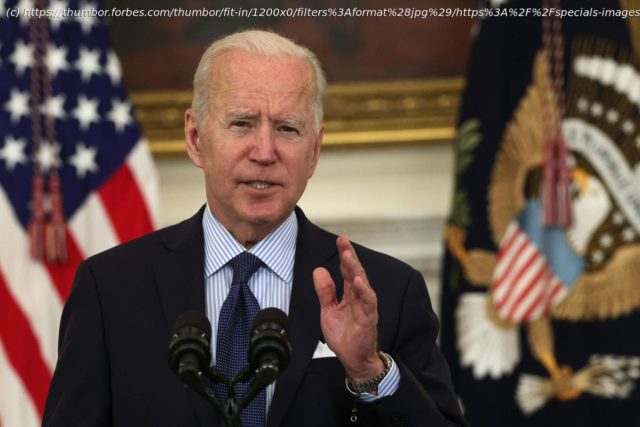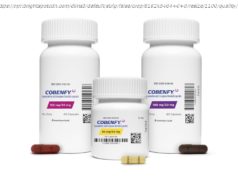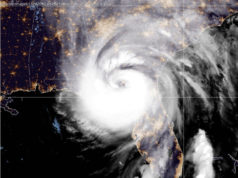Pharma companies said the move would curtail innovation while doing little to boost production.
T he U.S. is typically the staunchest defender of intellectual property rights on the international stage, so it was something of a shock when the Biden Administration on Wednesday announced its support for waiving patents on Covid-19 vaccines. “This is a global health crisis, and the extraordinary circumstances of the Covid-19 pandemic call for extraordinary measures,” U.S. Trade Representative Katherine Tai said in a statement. “The Administration believes strongly in intellectual property protections, but in service of ending this pandemic, supports the waiver of those protections for Covid-19 vaccines.” The move comes in response to a World Trade Organization proposal led by India and South Africa to suspend some provisions of an international trade agreement in a bid to boost vaccine manufacturing and access, especially in lower- and middle-income countries. But it remains unclear how quickly production could increase, as patents are only one constraint in a complex global supply chain. The pharmaceutical industry was quick to respond, noting that drug manufacturers are already working with governments and nonprofits to provide access to vaccines. Trade groups warned that waiving intellectual property protections would slow down innovation while doing little to actually help meet demand. “This change in longstanding American policy will not save lives. It also flies in the face of President Biden’s stated policy of building up American infrastructure and creating jobs by handing over American innovations to countries looking to undermine our leadership in biomedical discovery,” Steve Ubl, president and CEO of the trade group PhRMA said in a statement. “This decision does nothing to address the real challenges to getting more shots in arms, including last-mile distribution and limited availability of raw materials.
Start
United States
USA — Science Biden Decision To Back Waiving Patents For Covid Vaccines Sparks Industry Backlash






